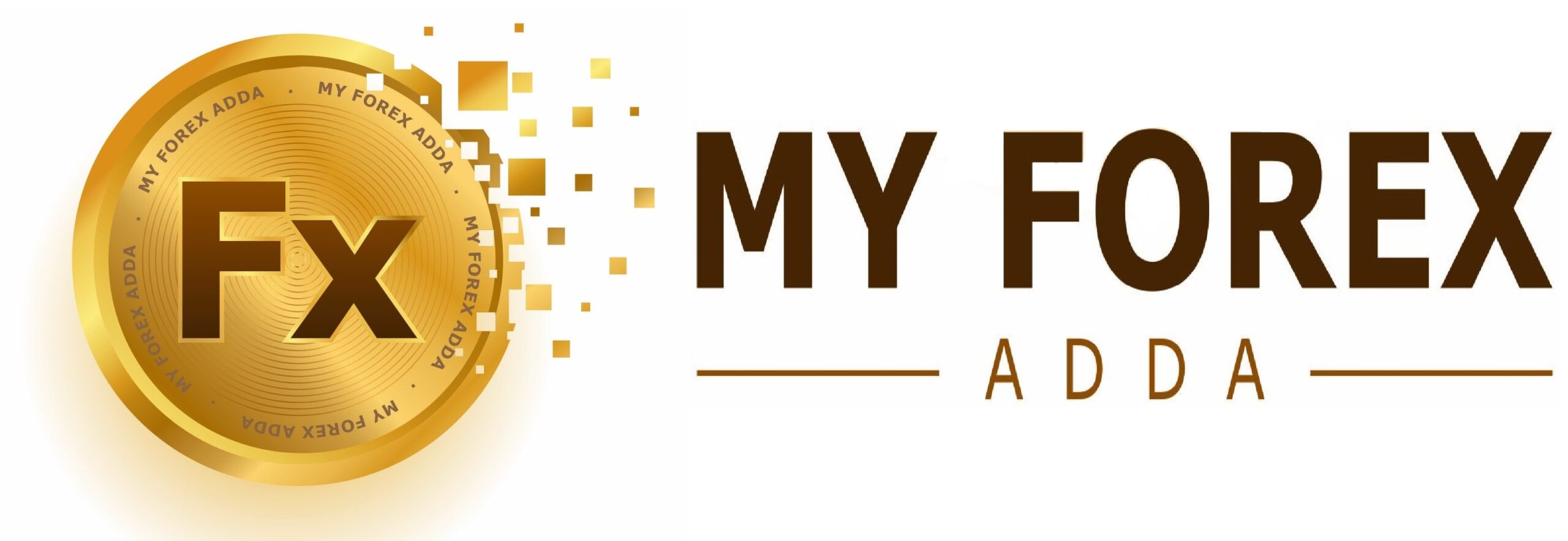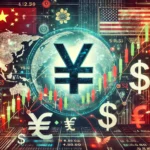The U.S. is set to implement its third major crackdown in three years on China’s semiconductor industry starting Monday. The new measures will impose export restrictions on 140 companies, including Naura Technology Group, a chip equipment manufacturer, according to sources familiar with the matter.
These restrictions aim to curb Beijing’s semiconductor ambitions by targeting Chinese chip toolmakers such as Piotech and SiCarrier Technology. The measures will also limit shipments of advanced memory chips and critical chipmaking tools to China.
This move represents one of the Biden Administration’s final large-scale efforts to restrict China’s access to advanced chip technologies that could enhance artificial intelligence for military applications or pose a threat to U.S. national security. The announcement comes shortly before the inauguration of former President Donald Trump, who is anticipated to maintain many of Biden’s tough policies on China.
The package introduces curbs on high-bandwidth memory (HBM) chips, vital for high-end applications like AI training, as well as restrictions on 24 additional chipmaking tools, three software tools, and chipmaking equipment produced in countries like Singapore and Malaysia. These controls are expected to impact companies like Lam Research, KLA, Applied Materials, and Dutch manufacturer ASM International.
Nearly two dozen Chinese semiconductor companies, two investment firms, and over 100 chipmaking tool manufacturers will face new restrictions, including firms linked to Huawei Technologies. These companies will be added to the Entity List, requiring special licenses for U.S. suppliers to ship to them—a process that often results in denial.
China has intensified efforts to achieve self-sufficiency in semiconductors amidst growing export restrictions from the U.S. and its allies. However, it still lags behind industry leaders such as Nvidia in AI chip development and ASML in chipmaking equipment.
The U.S. will also tighten restrictions on Semiconductor Manufacturing International Corporation (SMIC), China’s largest contract chipmaker, which has been on the Entity List since 2020. Additionally, Chinese investment firm Wise Road Capital and tech company Wingtech Technology will become the first investment entities added to the list.
Dutch and Japanese Exemptions
A notable element of the new rules addresses the foreign direct product rule, which extends U.S. export controls to items manufactured abroad using U.S. technology. While this could impact some U.S. allies, exemptions will apply to Dutch and Japanese companies. Countries implementing similar controls may also receive exemptions.
The updated rule lowers the threshold of U.S. content required to trigger export controls to zero, enabling the U.S. to regulate items shipped to China that contain any U.S.-made chips. These rules follow extensive discussions with allies like Japan and the Netherlands, which dominate the production of advanced chipmaking equipment.
Additional restrictions will also apply to memory used in AI chips, particularly HBM 2 and higher technologies from Samsung, SK Hynix, and Micron. Samsung is expected to be most affected.
This marks the third significant package of chip-related export restrictions imposed under the Biden administration, following sweeping measures introduced in October 2022 to limit high-end chip sales and production in China—the largest policy shift since the 1990s.




